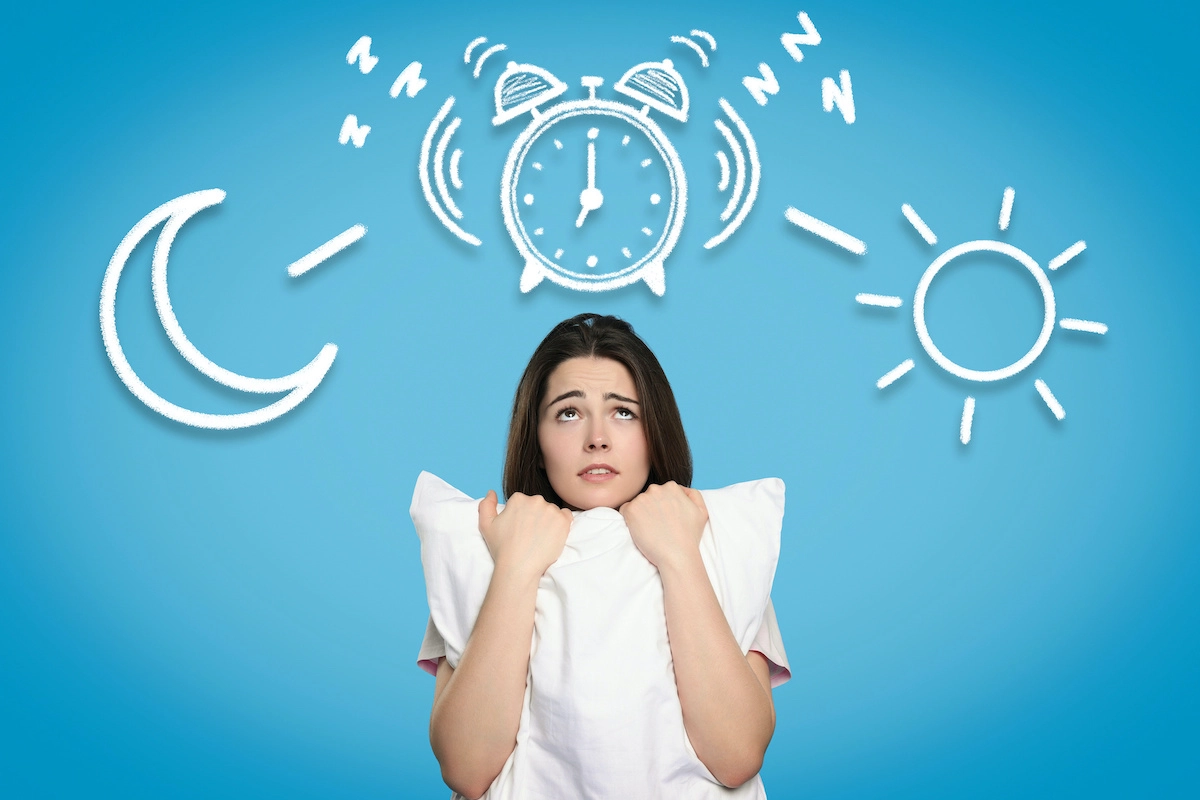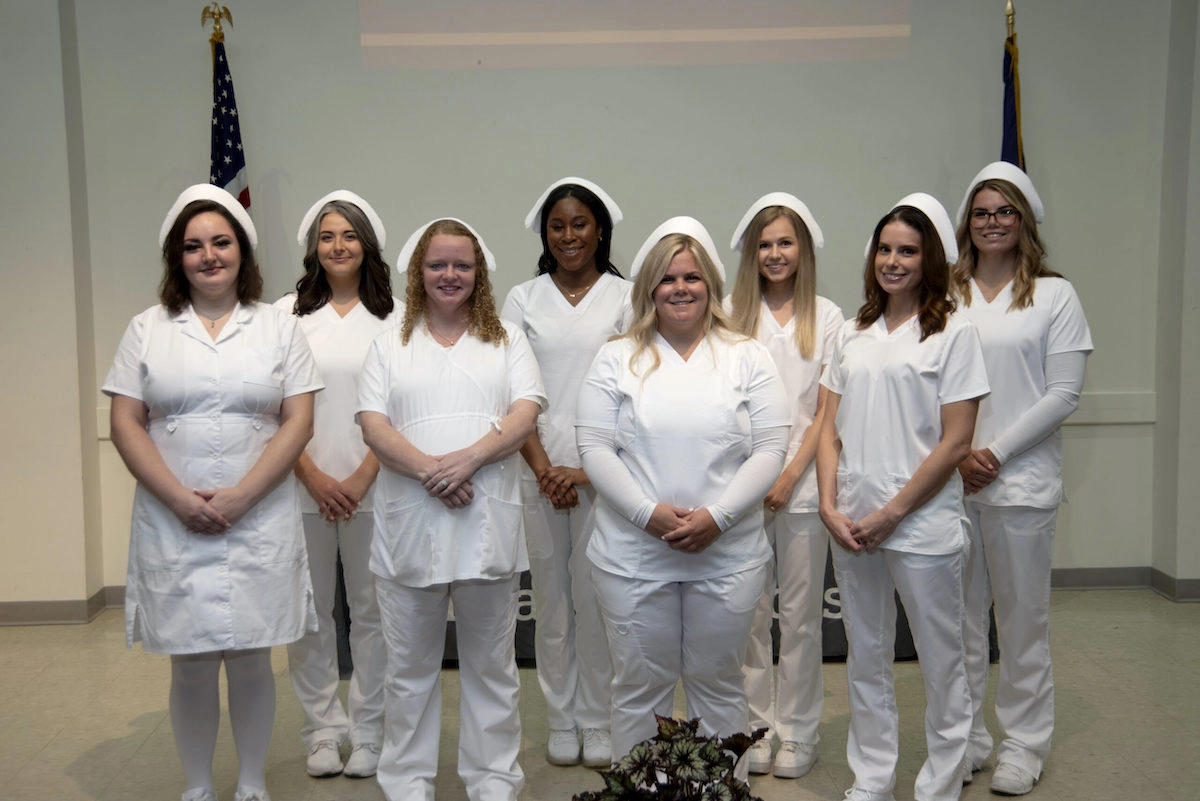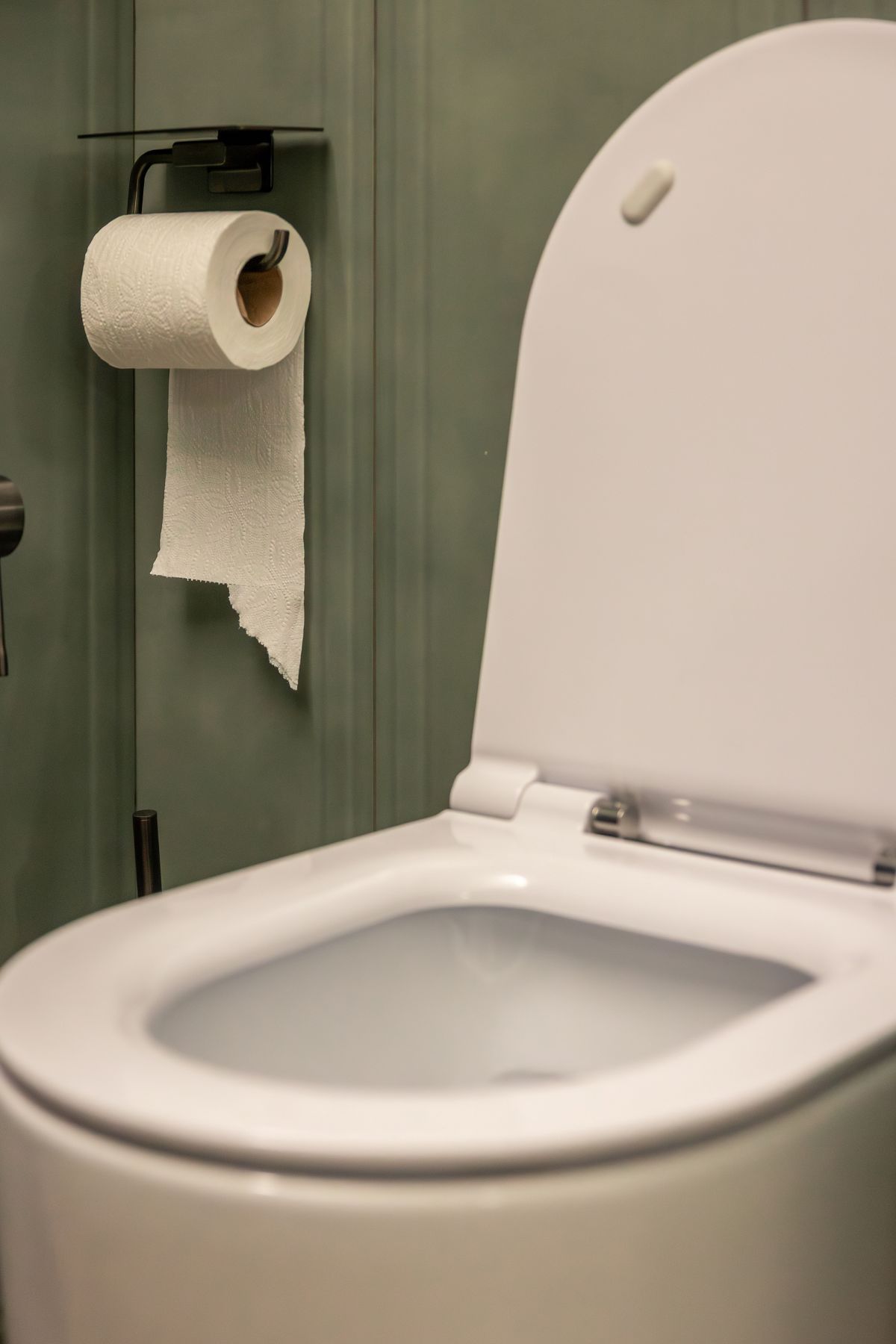
People with irregular sleep patterns, even when they get the recommended amount of sleep each night, may face substantially higher odds of high blood pressure than those who stick to a schedule.
A study, published in the journal Hypertension (March 2023), found people who slept in on the weekends or varied the times they went to sleep and woke up throughout the week were substantially more likely to have high blood pressure, also known as hypertension, than those with more consistent sleep routines. This indicates that people may need to consider not only how long they sleep, but also recognize the importance of keeping a regular sleep schedule for optimal cardiovascular health.
The American Heart Association recommends adults get seven to nine hours of nightly sleep to promote optimal heart and brain health. The recommendation is based on prior research that found people who get less than six hours of sleep per night on average face a much higher risk for high blood pressure, obesity, cardiovascular disease and premature death. Likewise, those who get too much sleep—more than an average nine hours per night—face higher risks for high blood pressure, stroke, Type 2 diabetes and death.
The study defined high blood pressure as a systolic (top number) reading of 140 mmHg or higher or a diastolic (bottom number) reading of 90 mmHg or above. (The AHA and American College of Cardiology define high blood pressure as a systolic pressure of 130 or higher or a diastolic pressure of 80 or higher that stays high over time.)
The researchers used a device placed under the mattress to measure sleep timing (when people went to sleep and woke up) and duration. They found people whose bedtimes varied by 90 minutes or more faced 92% increased odds for high blood pressure, compared to those who stuck to a regular bedtime. But even those whose bedtimes varied by slightly more than 30 minutes from night to night were 32% more likely to have high blood pressure.
Sleeping late also was associated with higher odds of high blood pressure, but less so than not getting to bed on time. Waking up 43 minutes later was associated with a 9% increase.
As prior studies have found, the new analysis also showed a link between hypertension and getting too little or too much sleep. People who got less than seven or more than nine hours of sleep were 20%-30% more likely to have high blood pressure. People whose sleep duration varied by two hours or more from night to night were 85% more likely to have hypertension than those with less than an hour’s difference in the amount of sleep they got each night.
While work schedules and other commitments can sometimes make it hard to keep regular sleep times, the findings confirm the need for people to try to be as mindful as possible about sleep. Do the best you can to get consistency.
Source: Adapted from an article By Laura Williamson, American Heart Association News, https://www.heart.org/en/news/2023/03/28/irregular-sleep-schedule-linked-to-high-blood-pressure











